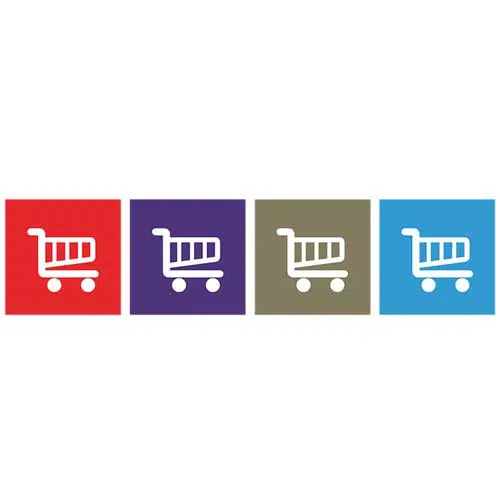The buy now, pay later trend may have come under scrutiny lately by regulators, but companies enabling BNPL warn sellers and payments providers risk losing merchant volume and younger consumers if they don’t offer the installment option online and at the point of sale.
“You’ll see volume attrition without merchant attrition, and you’ll see it at the highest ticket sizes,” warned Eric Lookhoff, chief executive of BNPL platform QuickFee Ltd. On the spender side of the transaction, younger consumers aren’t signing up for conventional credit cards as much as their parents did, some observers say. “The point of BNPL is to attract Gen Z,” said Ashley Korody, a vice president at ChargeAfter Inc., a 5-year-old BNPL company based in New York City.
Similarly, Mastercard Inc. has beefed up its capabilities in open banking in recent months to help support Mastercard Installments, its entry in supporting point-of-sale credit. “The motivation is to satisfy consumer demand,” said Silvana Hernandez, a senior vice president at Mastercard, adding that “payments is not just cards.”

All three spoke late last week during a panel discussion on BNPL hosted by the Northeast Acquirers at the trade group’s annual conference in Philadelphia.
Mastercard, indeed, is convinced consumer demand is rising for use of BNPL at a wider array of merchants. “Trust and peace of mind is critical” for consumers, she cautioned, explaining why Mastercard is offering zero liability for fraud and a smooth process for disputing transactions. To support Mastercard Installments, the network is relying on its 2020 acquisition of Finicity Corp. , an open-banking firm that can verify consumer account ownership and balances. “You can make better underwriting decisions, which is critical with BNPL,” Hernandez said.
Mastercard is “getting ready to enable Installments in the U.S. market,” she said, adding the network is “working though acquirers” to manage the service.
To reach smaller merchants, QuickFee has “thinned down” the technology required to support BNPL, Lookhoff said, basing transactions on QR-code systems. “There’s nothing to download,” he told the audience. At the same time, the company is working with independent sales organizations to sell the service. “There’s a fat yield on it” for ISOs, he said.
The shadow of government scrutiny hangs over the business, however, as the Consumer Financial Protection Bureau is reviewing filings it received last month from a handful of major BNPL providers. The regulator is concerned chiefly with the extent of debt accumulation, how consumer data is being handled, and the potential for regulatory arbitrage, or possible efforts by BNPL firms to avoid disclosure rules by limiting the number of required installments.





